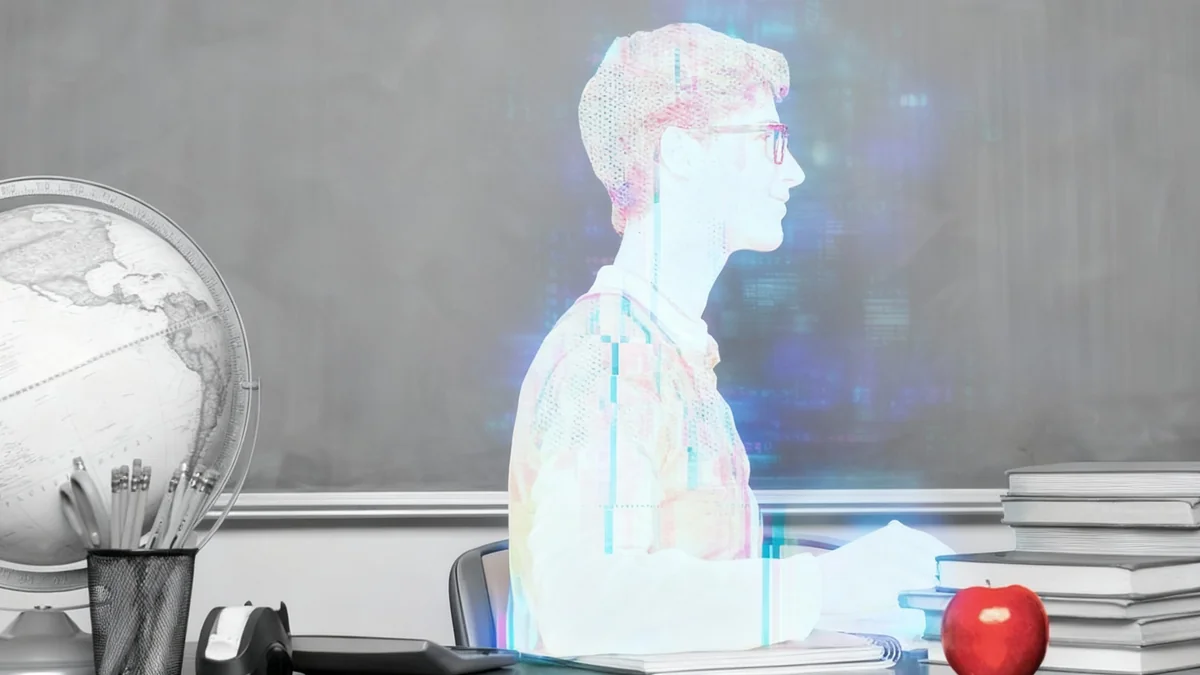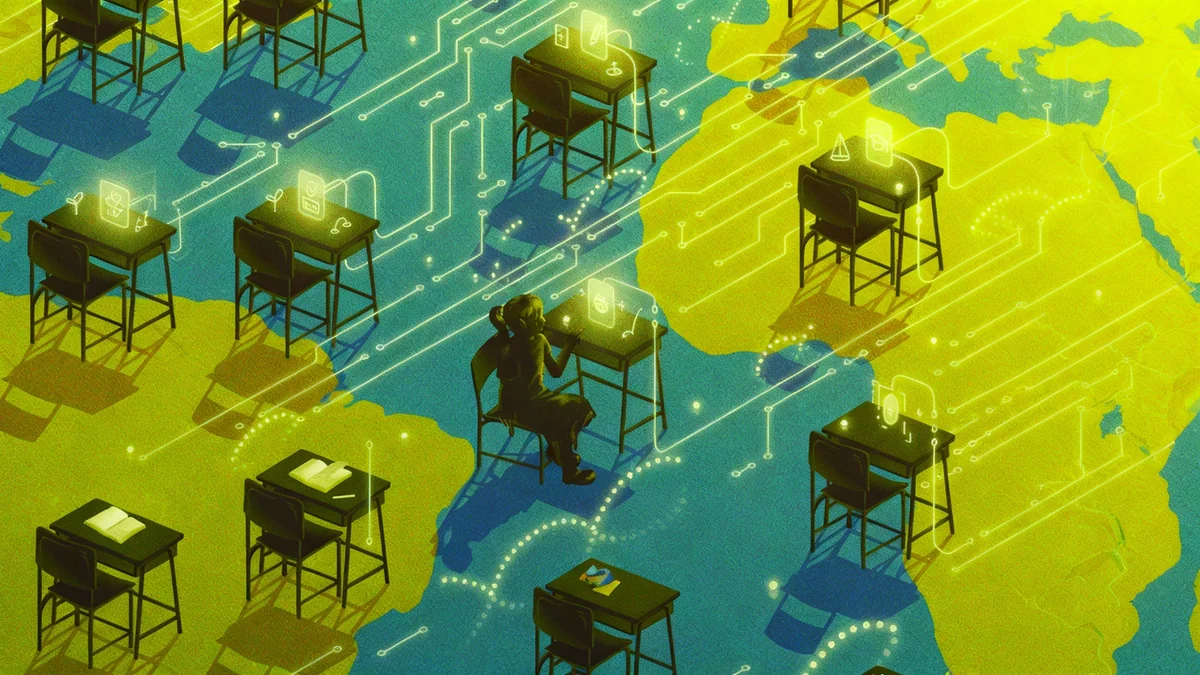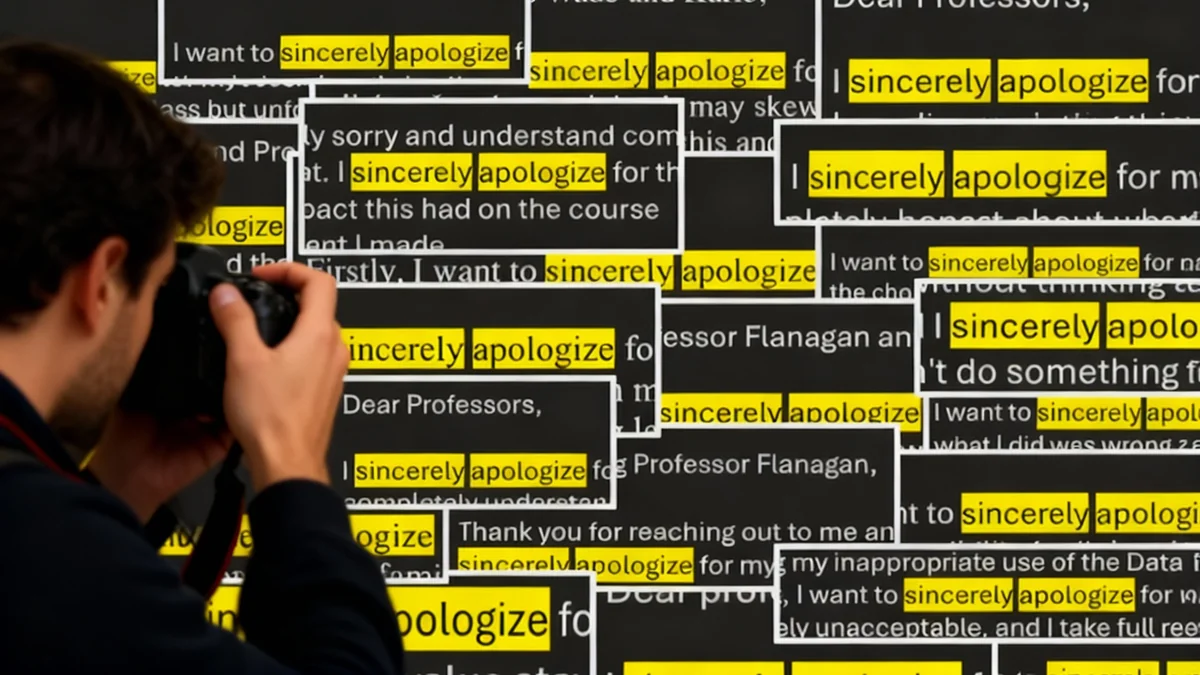Microsoft is set to provide its artificial intelligence technology to all public school districts and community colleges across Washington state starting next year. This initiative is part of a broader national effort by the Redmond-based tech company to expand AI training and usage in education.
The program aims to bridge existing technology gaps, ensuring students and educators in both urban and rural areas have access to cutting-edge AI tools. This move underscores a significant investment in the future of digital literacy for Washington's educational institutions.
Key Takeaways
- Microsoft will offer AI technology to all Washington public schools and community colleges.
- The initiative is part of Microsoft's $4 billion national commitment to education.
- The program seeks to address the technology divide between urban and rural areas.
- AI tools will support student learning and teacher development.
Microsoft Elevate Washington Initiative
This rollout in Washington is a key component of Microsoft's 'Microsoft Elevate Washington' initiative. This local program is linked to a larger, five-year national commitment from the company. Globally, Microsoft plans to invest $4 billion in technology-focused grants and provide free access to AI tools specifically for educational purposes.
The announcement highlights Microsoft's strategic focus on integrating artificial intelligence into the core of educational curricula. This integration is expected to prepare students for a job market increasingly shaped by AI technologies.
Fact: Microsoft's Global Investment
Microsoft has pledged a total of $4 billion over the next five years for technology grants and free AI tool access in education worldwide. This substantial investment demonstrates the company's commitment to advancing digital skills on a global scale.
Addressing the Urban-Rural Technology Divide
A critical aspect of the 'Microsoft Elevate Washington' initiative is its goal to address the technology gap between urban and rural school districts. Often, rural areas face challenges in accessing advanced technological resources due to funding limitations or infrastructure constraints. This program aims to level the playing field.
By providing AI tools uniformly across the state, Microsoft hopes to ensure that all students, regardless of their geographical location, have equal opportunities to learn and develop AI-related skills. This inclusive approach is central to the initiative's mission.
Brad Smith, President of Microsoft, emphasized the importance of equitable access. "We believe every student, no matter where they live, should have the chance to learn about and use artificial intelligence," Smith stated at a recent conference in Vancouver, B.C.
Impact on Education and Workforce Development
The integration of AI technology into classrooms will likely have a significant impact on both student learning and future workforce development. Students will gain practical experience with AI applications, which can foster critical thinking and problem-solving skills.
For educators, the initiative offers opportunities for professional development and training in AI. This will enable teachers to effectively incorporate these new tools into their teaching methods and curriculum design. The long-term goal is to create a more technologically proficient workforce in Washington state.
Context: The Rise of AI in Education
Artificial intelligence is rapidly transforming various sectors, including education. AI tools can personalize learning experiences, automate administrative tasks, and provide data-driven insights to improve educational outcomes. This shift is prompting many institutions to integrate AI into their strategic plans.
Specifics of the AI Technology Rollout
While specific AI tools were not detailed in the initial announcement, Microsoft's broader AI offerings typically include cloud-based services, machine learning platforms, and various AI-powered applications. These could range from AI-assisted coding tools to intelligent data analysis software and personalized learning platforms.
The phased rollout will begin next year, with school districts and community colleges receiving support to implement these technologies. Training programs for teachers and IT staff will be a key part of the deployment process, ensuring smooth integration and effective utilization.
- Cloud-Based AI Services: Access to Azure AI, allowing for scalable and flexible AI solutions.
- Machine Learning Platforms: Tools for students to develop and train their own AI models.
- Educational Software Integration: AI features embedded into existing Microsoft education products like Microsoft 365.
- Data Analytics Tools: Empowering educators to gain insights from student performance data.
Preparing for Future Challenges
The initiative also aims to prepare students for the evolving demands of the 21st-century job market. As AI continues to become more prevalent across industries, skills in AI literacy, data science, and computational thinking will be increasingly valuable.
By investing in AI education now, Washington is positioning its future workforce to be competitive in a global economy driven by technological innovation. This proactive approach could help mitigate potential disruptions from automation and create new opportunities for economic growth within the state.
According to recent studies, over 60% of future jobs will require advanced digital skills, with a significant portion involving AI competencies. This initiative directly addresses that projected need.
Looking Ahead
The implementation of Microsoft's AI technology in Washington's educational institutions represents a significant step forward. It reflects a growing recognition of AI's transformative potential and the importance of equipping future generations with the necessary skills to navigate an AI-driven world. The success of this program could serve as a model for other regions looking to enhance their educational technology infrastructure.





